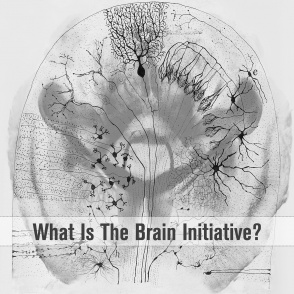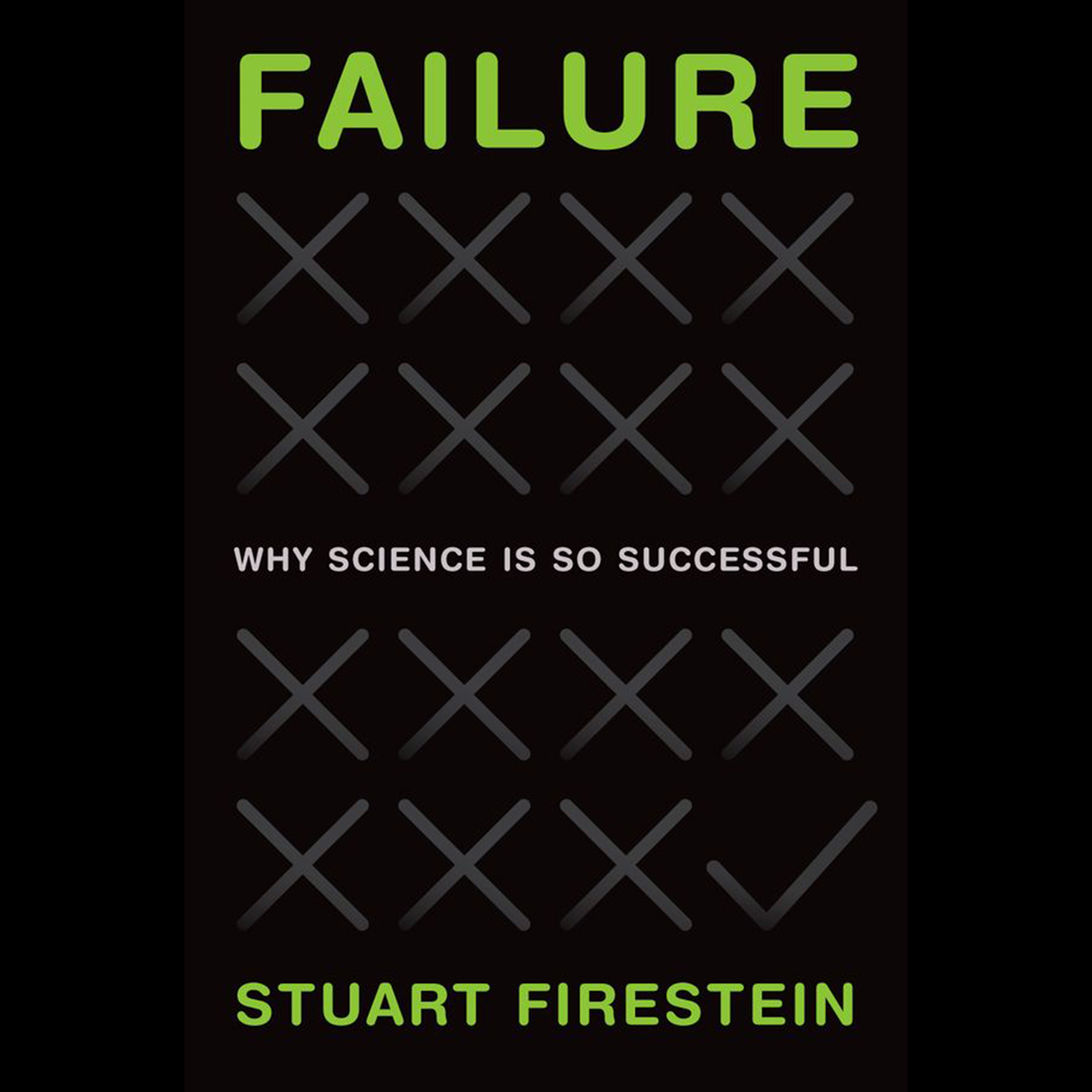Rethinking the BRAIN

By Julia Turan
BRAIN. No longer just a word to describe the three-pound hunk inside your skull. As of April 2013, “BRAIN” is also a White House initiative- Brain Research through Advancing Innovative Neurotechnologies. What exactly are researchers hoping to discover and how are they going about this? Chicago Council on Science and Technology hosted a panel discussion on the BRAIN Initiative this fall, and in it they set out to tackle these questions, and consider the current landscape of neuroscience research.
